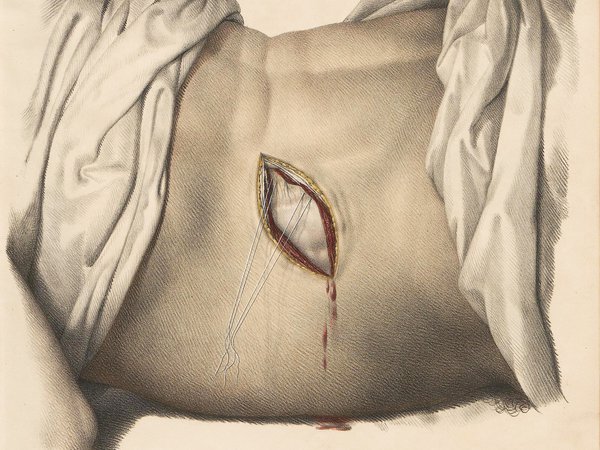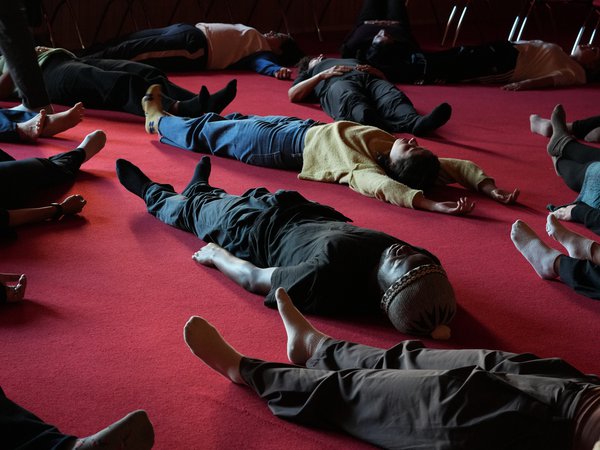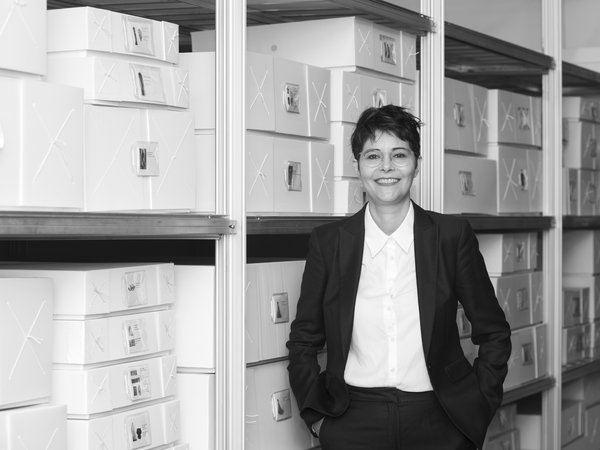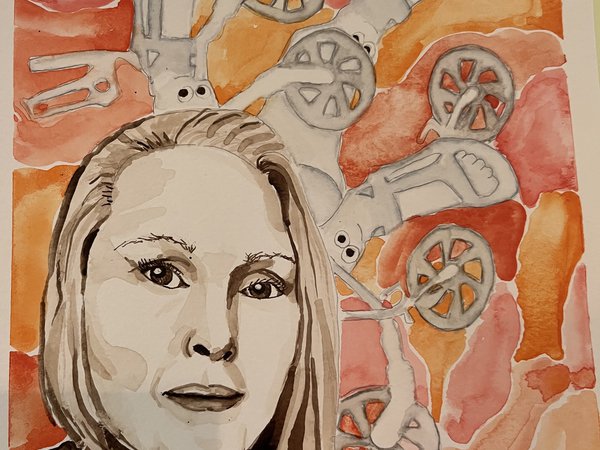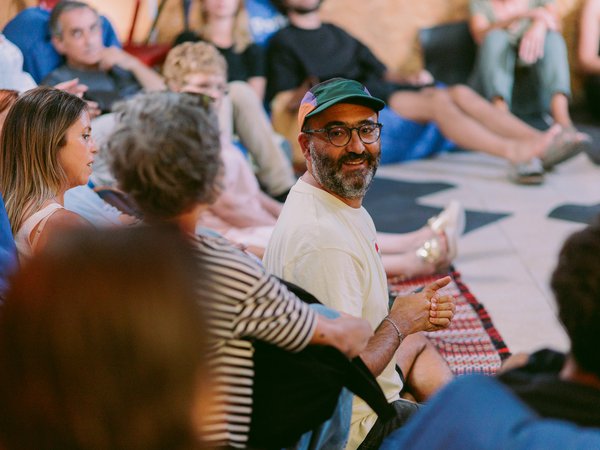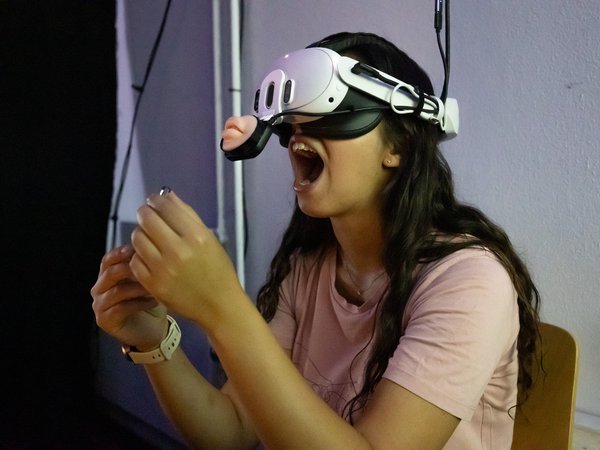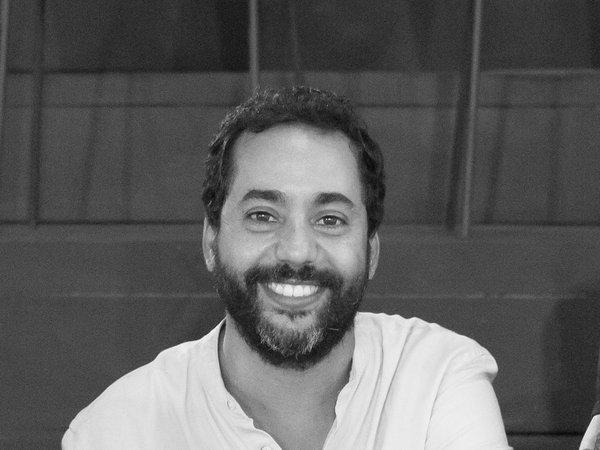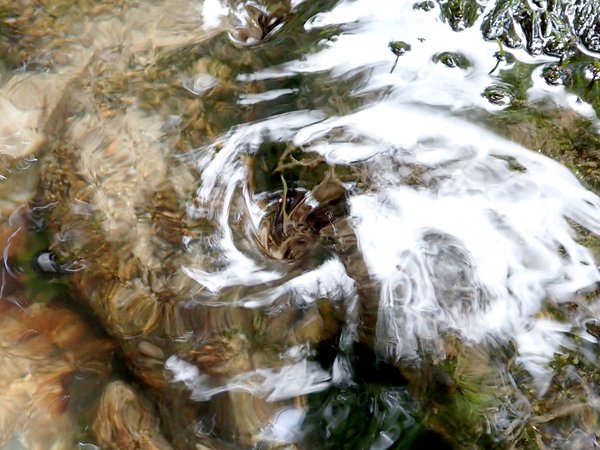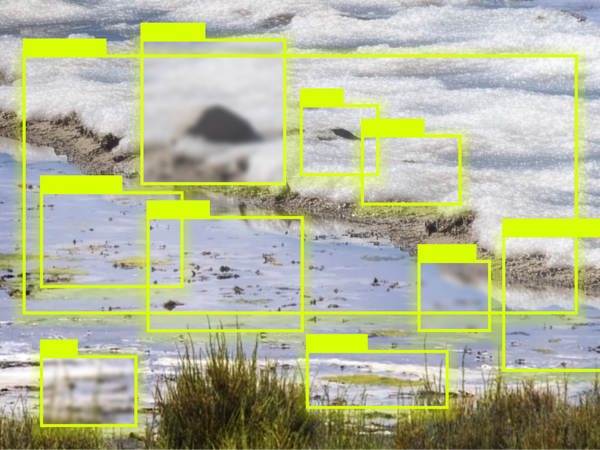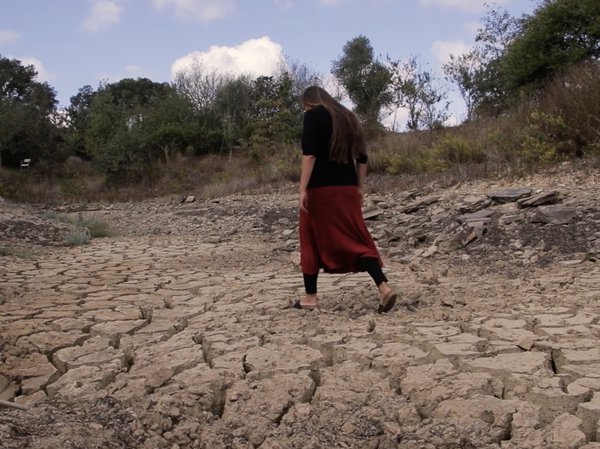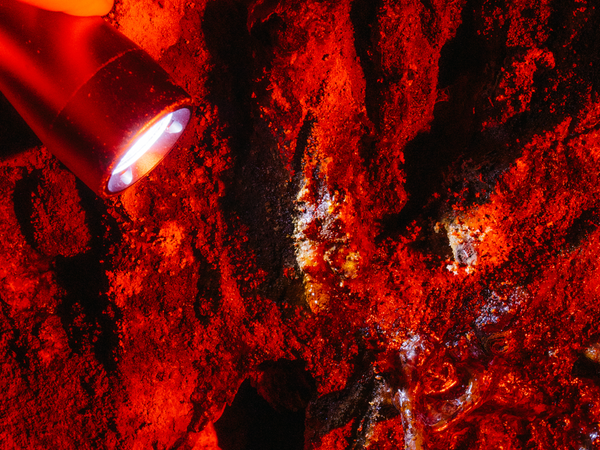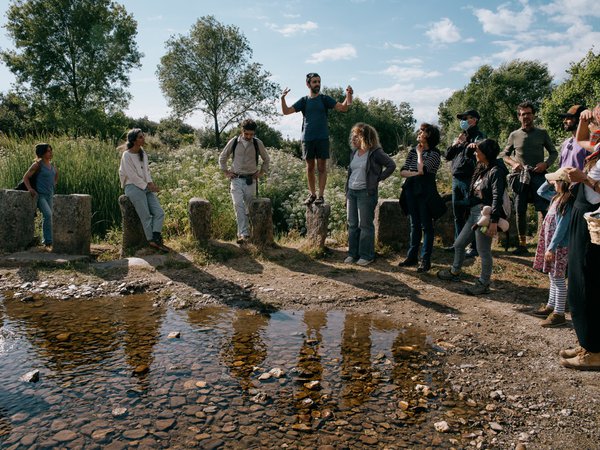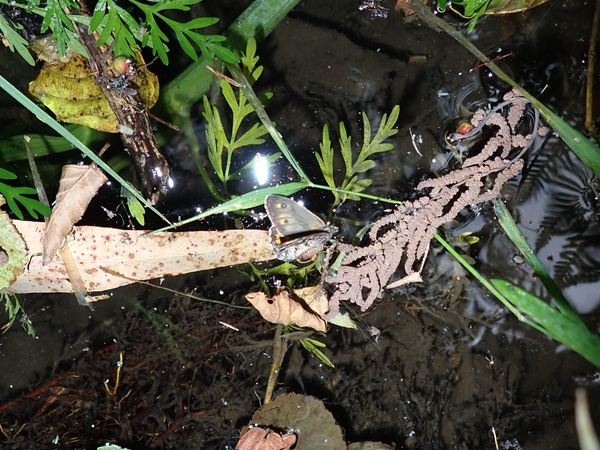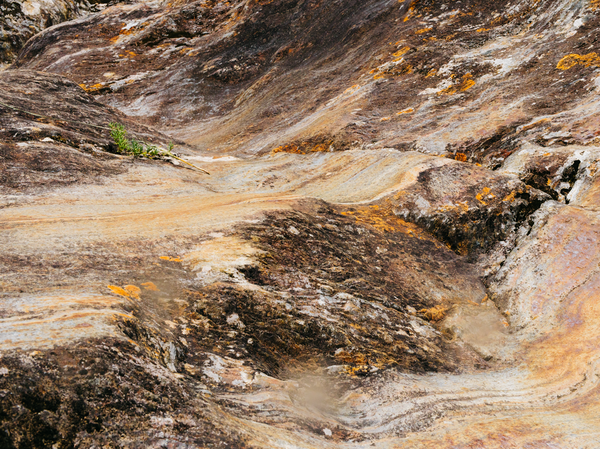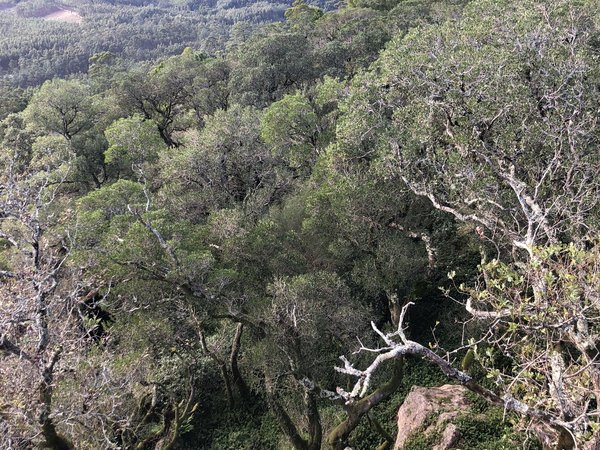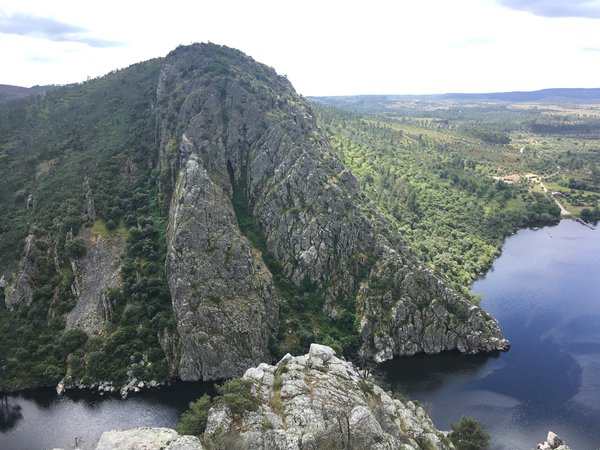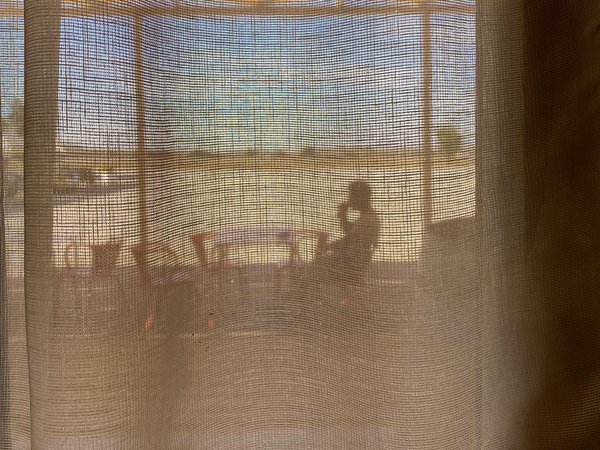This is a past event.
Archaeologies of Hospitality
Archaeologies of Hospitality
The number of migrants is constantly increasing all over the world. From the pictures that we see of refugees on the march or crammed into overcrowded camps along European and American borders, we can understand that these movements have not been as readily accepted as they should be. Yet, in the recent past, many Europeans, including Portuguese, have experienced identical circumstances in terms of migration.
In this new “nomadic” era, we would like to know what records exist of the gestures of hospitality that we have been capable of demonstrating throughout history. What objects do those who are forced to leave their homes take with them in order to preserve a mental and emotional link with their previous life and to help them structure their present one? What do the remains of their border crossings tell us: their temporary shelters, their migratory artistic expressions, the walls and the other border apparatus?
In this session, we will be exploring the material traces of migration through the work of the archaeologists Rachael Kiddey, from the University of Oxford, Rui Gomes Coelho, from the University of Durham and UNIARQ – the Centre of Archaeology of the University of Lisbon and Yannis Hamilakis, from Brown University.
25 NOV 2020
WED 16:00
The conference will be only online, due to constraintements.
In english
Yannis Hamilakis abstract and bio
The Return of the Colonized: An Activist Archaeology for the New Nomadic Age
Mass contemporary, undocumented migration is one of the defining phenomena of our age. Indeed, it can be said that we have entered a new nomadic age but one which is inscribed in the unfinished histories of colonization of the global south by the global north, and mostly the major colonising and imperial powers. But the colonized people who have suffered the long term effects of dispossession, imperial expansion and war, are now claiming their right to enter the global north and partake of the opportunities long denied to them. Lives are increasingly unliveable for most working people in the global south, and climatic change is bound to exacerbate this process. This social phenomenon is also defined by new material, sensorial, and affective conditions which often escape conventional analyses in migration studies. Such new material realities include remnants of border crossing, temporary shelters produced by migrating people, solidarity camps and migration art, as well as walls, fences, detention centers and the militarised material apparatus of the border and deportation regime. Archaeologists and material culture specialists thus who are attuned to the sensorial and affective properties of things, objects, buildings and artefacts have the potential to provide a deep understanding of this phenomenon, but also activate the emotive and affective power of materiality, and engender new shared spaces of co-existence and co-habitation.
Yannis Hamilakis is Jouwkosky Family Professor of Archaeology and Professor of Modern Greek Studies at Brown University. His main research interests are the politics of archaeology and heritage, archaeological ethnography, experience and sensoriality, the archaeology of Greece, and the archaeology of contemporary migration. Amongst his books are, "The Nation and its Ruins: Antiquity, Archaeology, and National Imagination in Greece" (Oxford University Press, 2007), "Archaeology and the Senses: Human Experience, Memory, and Affect" (Cambridge University Press, 2013; spanish translation, 2015), and the edited collection, "The New Nomadic Age: Archeologies of Forced and Undocuented Migration" (Equinox, 2018). Since 2016 he has been working on the border island of Lesvos in Greece, exploring and recording the material traces of border crossing, and the material realities produced by contemporary undocumented migration and by the securitisation regime that attempts to regulate and curtail it.
Rachael Kiddey abstract and bio
What People Take with Them and Why: an activist archaeological approach to the material culture of forced displacement in Europe
If you were forced to leave your home suddenly, what would you take with you? This talk introduces ‘Activist Archaeology’, that is, harnessing archaeology to shine light on particular contemporary social issues, in this case, forced displacement in Europe. Together with migrants and refugees, the ‘Migrant Materialities’ project (2018-2021) seeks to record and document the visual and material culture – that is, the objects, buildings, landscapes – involved the experience of modern migration. When we understand what exists – and what resources are lacking – we are better placed to improve conditions for those living in displacement situations e.g. camps, squats, and other forms of temporary accommodation.
Data were gathered using participatory research methods – that is, migrants and refugees were actively involved in the research design and in collecting data - in Sweden, the U.K., and Greece. This talk explores the types of objects that migrants bring with them and how even small or utilitarian ‘things’ connect people and places, across time, in multiple meaningful ways. Such narratives can help to shine light on the transformative ways in which material culture can ‘make or break’ a person’s mental well-being in displacement, and that, as such archaeologies of this kind can contribute usefully to humanitarian and social policy, more broadly.
Rachael Kiddey is British Academy postdoctoral researcher at the School of Archaeology, University of Oxford. Her current project, ‘Migrant Materialities’, looks at the role of material culture in situations of contemporary forced displacement in Europe (2018-2021).
Rachael received her PhD from the Department of Archaeology at the University of York in 2014. Her doctoral research involved developing methodologies for working archaeologically with homeless people, documenting how heritage can function in socially useful and transformative ways. Her monograph ‘Homeless Heritage’ was published by Oxford University Press in 2017 and won the Society of Historical Archaeology’s James Deetz Book Award 2019. Rachael is a Senior Common Room Member and College Advisor at St Antony’s College, Oxford and a Fellow of the Society of Antiquaries, London.
Rui Gomes Coelho abstract and bio
Archaeologies of hospitality
In recent years, Europe has been confronted with its inability to provide shelter for millions of people escaping war and poverty, or simply looking for better opportunities for themselves and their families. The European public got used to images of migrants and refugees in crowded camps along the continent’s borders, walking up forest trails, or imprisoned in urban detention centers. Those who seek shelter are often depicted and perceived as radical others, coming from another time. Yet, many in Europe were living through similar circumstances not so long ago. When did we forget our own war refugees and clandestine migrants? Over the past few years, my colleagues and I have been uncovering the material traces of anti-fascist resistance movements in Northwestern Iberia, and in Croatia in the mid-twentieth century. Local communities sheltered guerrilla fighters and war refugees, sacrificing their livelihoods for causes whose outcome was far from certain. The objects and buildings that embodied these experiences enable us to question contemporary notions of hospitality and border enforcement in the context of the ongoing European crisis of hospitality, and invite us to imagine different futures.
Rui Gomes Coelho is a historical archaeologist. His current interests are driven by a fascination with the sensorial constitution of alternative modernities, and for marginal communities who mobilize material culture against traditional, nationalist-oriented approaches to heritage. He has been collaborating with archaeological projects based in the US, Portugal, Brazil, Germany, Spain, Croatia, and Guinea-Bissau. Recent publications include the essay “The Garden of Refugees” in the volume The New Nomadic Age: Archaeologies of Forced and Undocumented Migration, edited by Yannis Hamilakis, 2018 and the article “An Archaeology of Decolonization: Imperial Intimacies in Contemporary Lisbon”, published by the Journal of Social Archaeology, 2019. He is an Assistant Professor in the Department of Archaeology, Durham University. Prior to coming to Durham, he worked at the Joukowsky Institute for Archaeology and the Ancient World, Brown University, and in the Cultural Heritage and Preservation Studies program at the Department of Art History, Rutgers University. He is also a researcher at UNIARQ—Center for Archaeology, University of Lisbon.
Contribute to organizations
No Name Kitchen
Khora, the Athens based refugee support group
Refocus Media Labs
Wave of Hope for the Future



